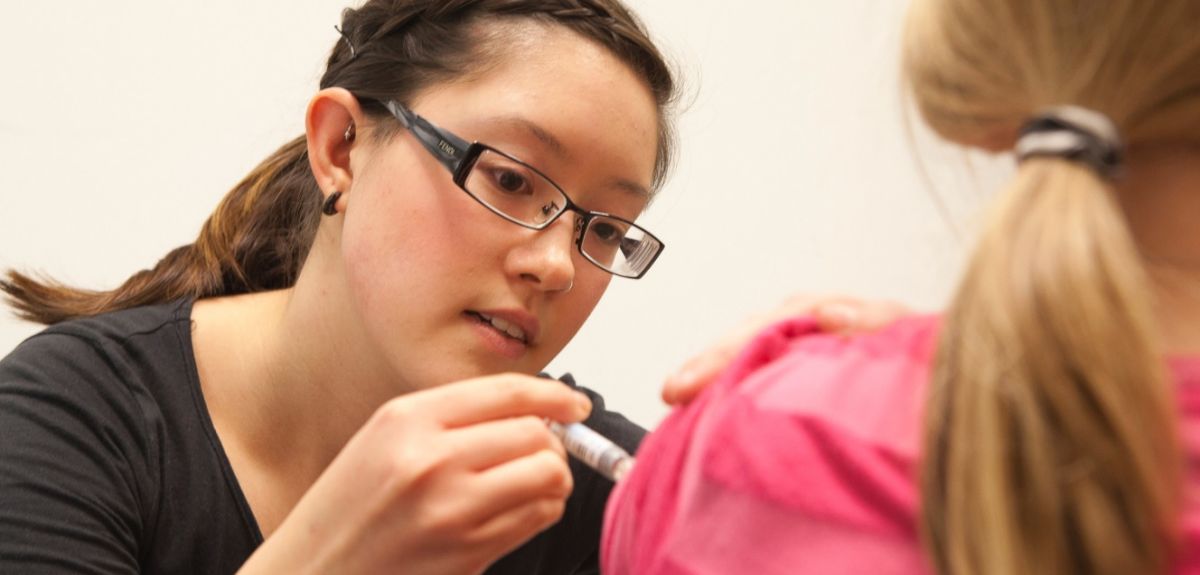
Queen's University (Flickr Creative Commons)
Flu vaccine spinout secures a further £20m in funding
Vaccitech, an Oxford University spinout company developing a universal flu vaccine, among other vaccine-related products, has secured £20 million in Series A financing.
The round was co-led by new investors GV, Sequoia China, and existing backer Oxford Sciences Innovation, which manages a £600m fund aimed at Oxford University spinouts, and was also joined by Neptune Ventures.
This brings the total amount raised by Vaccitech to £30 million since it was established in 2016.
Vaccitech, which was spun out by Oxford University Innovation in 2016, is commercialising the research of vaccine development specialists Adrian Hill and Sarah Gilbert, who developed the underpinning technology at Oxford University’s Jenner Institute.
It is now a clinical stage company with six products that are based on inducing cellular immune responses using non-replicating viral vectors for treatment or prophylaxis against diseases at various stages.
Currently based at the Oxford Science Park, Vaccitech will use the funding to expand its business, develop its lab structure, and to push its influenza and prostate cancer programmes through Phase II by the end of 2019, and move three other programs into the clinic.
Tom Evans, Chief Executive Officer at Vaccitech, said: “When you look at the 250 million people chronically infected with hepatitis B globally, or the number of people killed by the flu each year, it becomes clear just how much potential impact Vaccitech’s portfolio of vaccine products could have on the world.
"You add Oxford into the mix, where you have unprecedented ability to do advance products through outstanding vaccine science and tremendous translational medicine capability, and Vaccitech is clearly well positioned to have an important impact on global health.”
Tom Hulme, General Partner at GV, added: “Vaccitech's world class team have achieved an incredible amount with relatively little funding to date - the T-cell responses to the company's viral vector platform are among the highest that have been achieved in man - we look forward to it being applied to tackle multiple human diseases.”
 Expert Comment: Chatbot-driven sexual abuse? The Grok case is just the tip of the iceberg
Expert Comment: Chatbot-driven sexual abuse? The Grok case is just the tip of the iceberg
 New study finds that stopping weight-loss drugs is linked to faster regain than ending diet programmes
New study finds that stopping weight-loss drugs is linked to faster regain than ending diet programmes